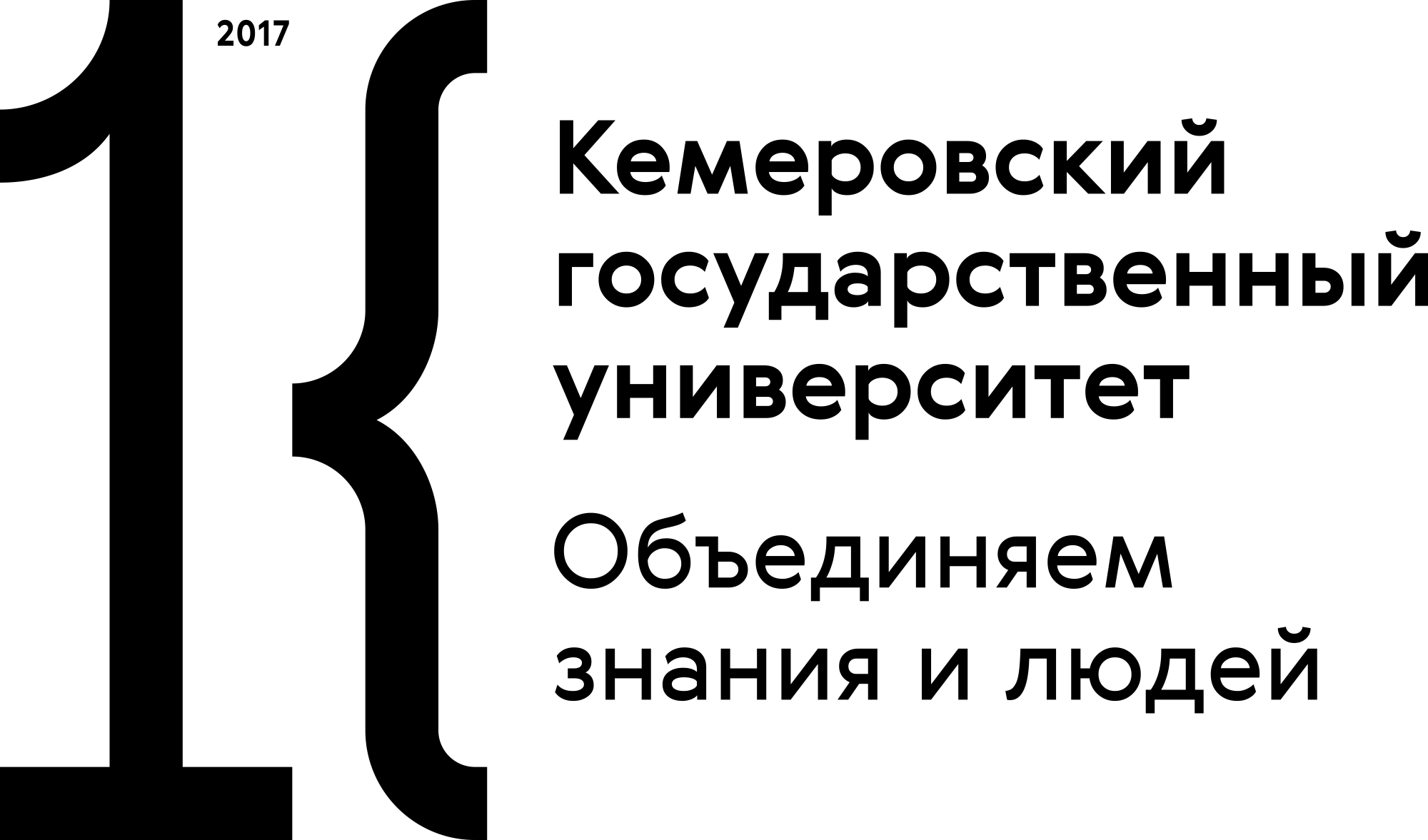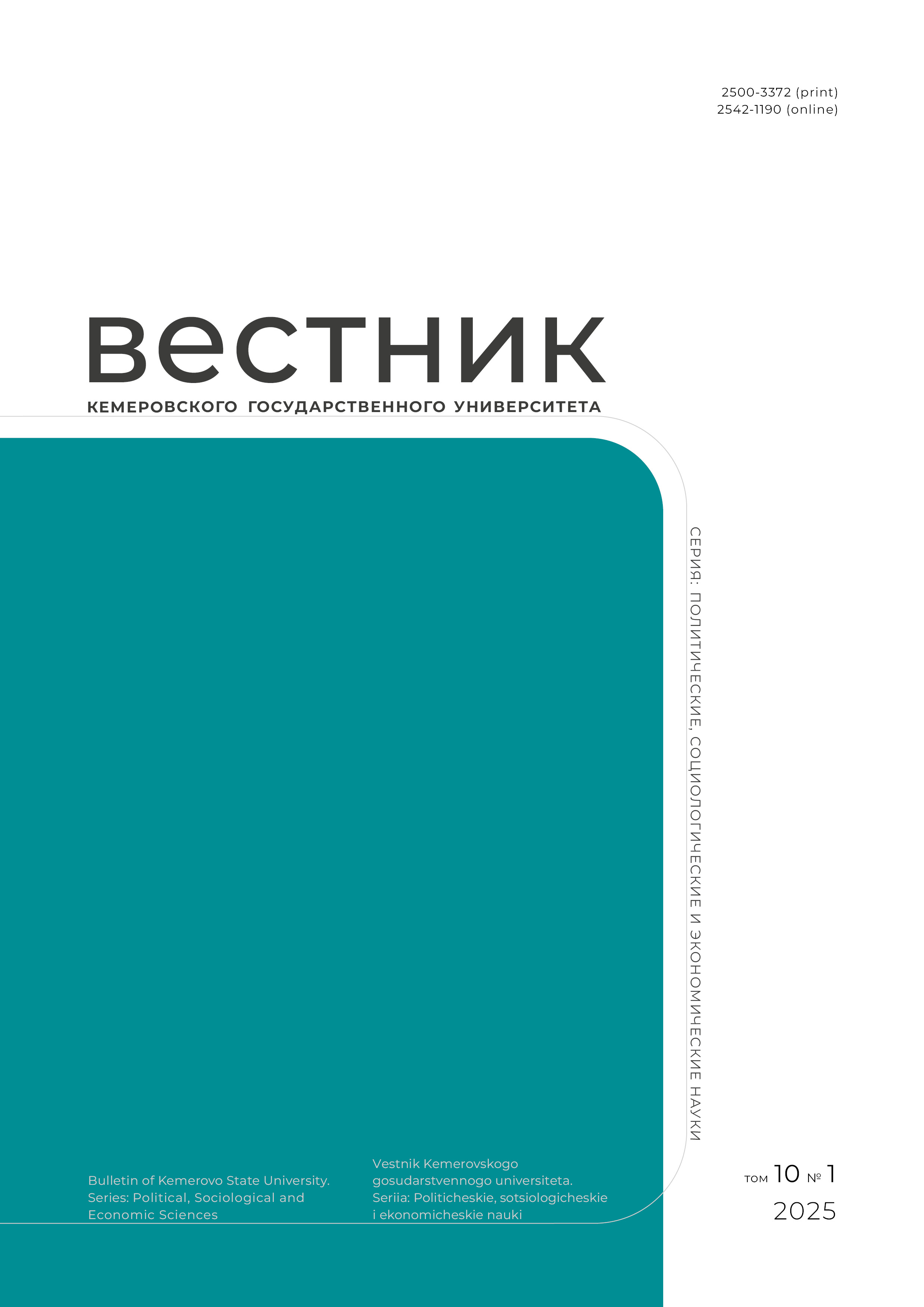Belgorod, Belgorod, Russian Federation
Moscow, Russian Federation
The topic of cross-cultural communications is becoming especially relevant due to the growing contradictions caused by the difficulties of mutual understanding. Misunderstanding in cross-cultural communications is a popular multifaceted research issue. The starting point for cross-cultural communications studies is the question of what determines intercultural differences. By understanding the formation of national and ethnic cultures, one can develop a more balanced and pragmatic attitude to intercultural differences, which leads to greater tolerance and awareness of the need to preserve national identity. The article reviews publications that focus on the origins of mutual misunderstanding in cross-cultural communication. By describing the category of culture, the author explains the problems of intercultural communication as a subjective component of culture that reflects the national values, stereotypes, behavior, and thinking. National and ethnic differences take roots in such cultural factors as geography, nature, climate, religion, economy, and politics. This complex correlation shapes the cultural component of people’s life. The principle of equality of cultures may help to preserve cultural diversity.
culture, ethnicity, nation, cross-cultural communications, cultural determinants, mutual understanding
1. Slinkova O. K. Business communication and cross-cultural communications. Moscow: KnoRus, 2022, 164. (In Russ.) https://elibrary.ru/hqgijl
2. Hall E. T. Beyond Culture. NY; London; Toronto; Sydney; Auckland: Anchor Books; Doubleday, 1976, 298.
3. Lewis R. D. When cultures collide: Leading across cultures. 4th ed. Boston; London: Nicholas Brealey, 2018, 560.
4. Hofstede G. Dimensionalizing cultures: The hofstede model in context. Online Readings in Psychology and Culture, 2011, 2(1). https://doi.org/10.9707/2307-0919.1014
5. Fedorkova I. R. Cross-cultural peculiarities of the professional activity of businessmen of the eastern and western types. Nauchnye trudy Moskovskogo gumanitarnogo universiteta, 2019, (1): 101–117. (In Russ.) https://doi.org/10.17805/trudy.2019.1.10
6. Chankhieva F. Yu. The basic models and approaches to studying the cross-cultural management in a globalizing economy. RGGU Bulletin, "Economics. Management. Law" Series, 2011, (10): 267–271. (In Russ.) https://elibrary.ru/ogxxan
7. Dumets J., Sosnovskaya A. M. Cross-cultural communication. Administrative consulting, 2013, (8): 83–90. (In Russ.) https://elibrary.ru/plzjno
8. Lipman-Blumen J. Connective leadership: Managing in a changing world. NY: Oxford University Press, 2000. https://doi.org/10.1093/oso/9780195134698.001.0001
9. Grudistova E. G. Practical methods of formation and development of organizational culture. Research Result. Business and Service Technologies, 2016, 2(4): 60–67. (In Russ.) https://elibrary.ru/zaqhop
10. Landes D. Culture makes almost all the difference. Culture matters. How values shape human progress. Moscow: Mosk. shkola polit. issled., 2002, 38–54. (In Russ.)
11. Akhidzhak B. N. Concept of culture as subject of scientific research. Bulletin of Adyghe State University, Ser.: Philology and Art Criticisms, 2014, (2): 23–27. (In Russ.) https://elibrary.ru/szzsml
12. Gumilev L. N. From Rus to Russia. Moscow: AST, 2008, 559. (In Russ.)
13. Diamond J. History’s haves and have-nots. In: Diamond J. Guns, germs, and steel: The fates of human societies. Pt. 2. The rise and spread of food. NY; London: W. W. Norton & Company, 1997, 93–103.
14. Harari Yu. N. Sapiens: A brief history of humankind. NY: HarperCollins Publishers, 2015, 464.
15. Slinkova O. K. Labor motivation and organizational culture: Theoretical, methodological, and applied research foundations. Dr. Econ. Sci. Diss. Kemerovo, 2006, 331. (In Russ.) https://elibrary.ru/nosfyp
16. Haidt J. The righteous mind: Why good people are divided by politics and religion. NY: Pantheon, 2012, 448.
17. Weber M. The protestant ethic and the spirit of capitalism. Moscow: AST, 2023, 352. (In Russ.)
18. Guiso L., Sapienza P., Zingales L. Does culture affect economic outcomes? Journal of Economic Prospective, 2006, 20(2): 23–48. https://doi.org/10.1257/jep.20.2.23
19. Henrich J. Does culture matter in economic behavior? Ultimatum game bargaining among the machiguenga of the Peruvian Amazon. American Economic Review, 2000, 90(4): 973–979. https://doi.org/10.1257/aer.90.4.973
20. Inglehart R., Welzel C. A revised theory of modernization. In: Inglehart R. Welzel C. Modernization, cultural change and democracy: The human development sequence. Pt. 1. The forces shaping value change. NY: Cambridge University Press, 2005, 15–47. https://doi.org/10.1017/CBO9780511790881.004
21. Voronin S. A. Moral vacuum of consumer society. XXI century and consumer society. RUDN Journal of World History, 2013, (3): 5–7. (In Russ.) https://elibrary.ru/ranfqn
22. Shevchenko B. I. Paradigms of the relationship between world politics and world economy in the modern world. Ekonomicheskii zhurnal, 2016, (2): 103–116. (In Russ.) https://elibrary.ru/wcohcr
23. Rodrik D. Straight talk on trade: Ideas for a sane world economy. Princeton University Press, 2017, 336.
24. Lotman Yu. M. Culture and explosion. Moscow: Progress, 1992, 272. (In Russ.)
25. Geertz C. Religion as a cultural system. In: Geertz C. The interpretation of cultures. NY: Basic Books, 1973, 87–125.
26. Odegova O. V. Contacting foreign culture in the context of intercultural communication by means of conflict. Vestnik Tomskogo gosudarstvennogo universiteta, 2009, (324): 136–138. (In Russ.) https://elibrary.ru/llwasr
27. Taleb N. N. The black swan. Under the sign of unpredictability. 2nd ed. Moscow: Azbuka, 2024, 736. (In Russ.)




















